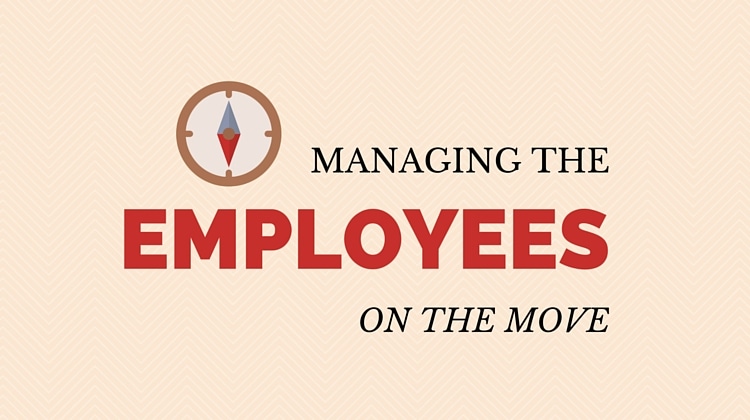
Of all the challenges facing the human resources professional in recent years, the rise of the mobile employee stands among those that require a steep learning curve.
People hired to do a job for a specific company in a specific place are suddenly packing their bags and accepting that company’s invitation to go work in India, China, the Middle East, or other foreign destinations.
They go to oversee the establishment of new corporate branches in these locations where local workers will be hired and trained. Sometimes they will be asked to stay for a period of a few years as they get the entire operation up and running; other times it will be a six month or less placement as they look after just one aspect of the expansion.
Moving employees from one country to another is an expensive and time-consuming process, and if the person just gets there and insists on returning home, or quits the company, it can be an expensive failure.
Generally, it falls on the human resources professional to ensure that the mobile employee has sufficient training, planning, and strategy to rise to the challenges of these moves.
One of the primary issues is helping the employee to have a realistic expectation of what they will find and securing accommodations and comforts in countries that do not have the same standard of living as the United States. In certain countries, there are additional issues about what kinds of behavior are acceptable (regarding drinking alcoholic beverages or the freedom of women to travel alone, for example).
To complicate the issue further, employees taking long-term foreign assignments often take their families with them, and their needs must also be considered.
It is important to understand that it is rarely possible for anyone to counsel another on the nuances and aspects of different cultures. You can go with an understanding of the basic differences, but much happens from direct experience. Going with an open mind and curious and respectful attitude goes a long way to dealing with culture shock and helping an employee adjust to different conditions.
Most companies who frequently move employees cover the basics with relocation services that include moving the employee and their family in appropriate accommodations, but specific challenges remain with the HR department.
For example, cost of living differences between the U.S. and their new workplace must be determined. You may have to structure an expatriate compensation and benefit plan and draft a family relocation plan if none exists. Look at drafting a worldwide benefit plan that covers healthcare in foreign countries as well.
Finally, the HR department must have a strategy in place to reintegrate mobile employees when they return to the home office. Many employees volunteer for foreign assignments hoping that the extra experience they learn and skills they gather will be useful in helping them move up the corporate ladder upon their return.
About the Author
Roz Bahrami is a blogger for SkyPrep, an online training software. Roz regularly contributes to blogs related to corporate training, L&D, and marketing.